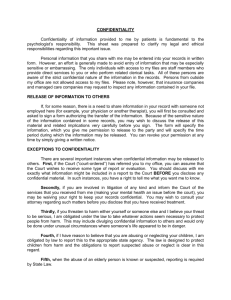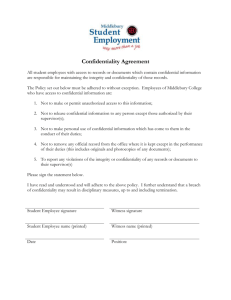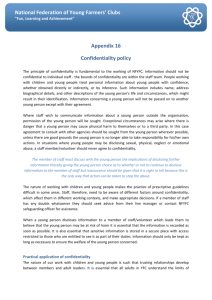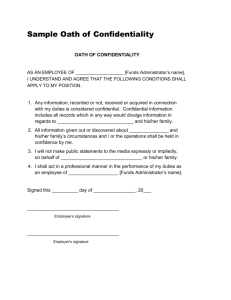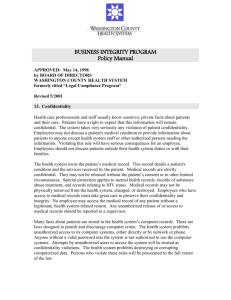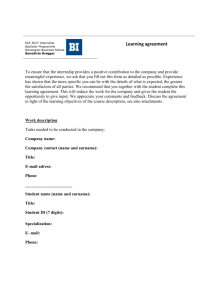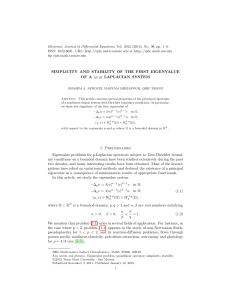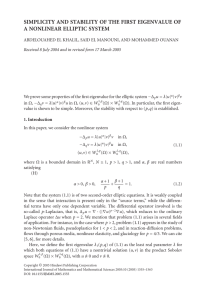Private and Confidential
advertisement
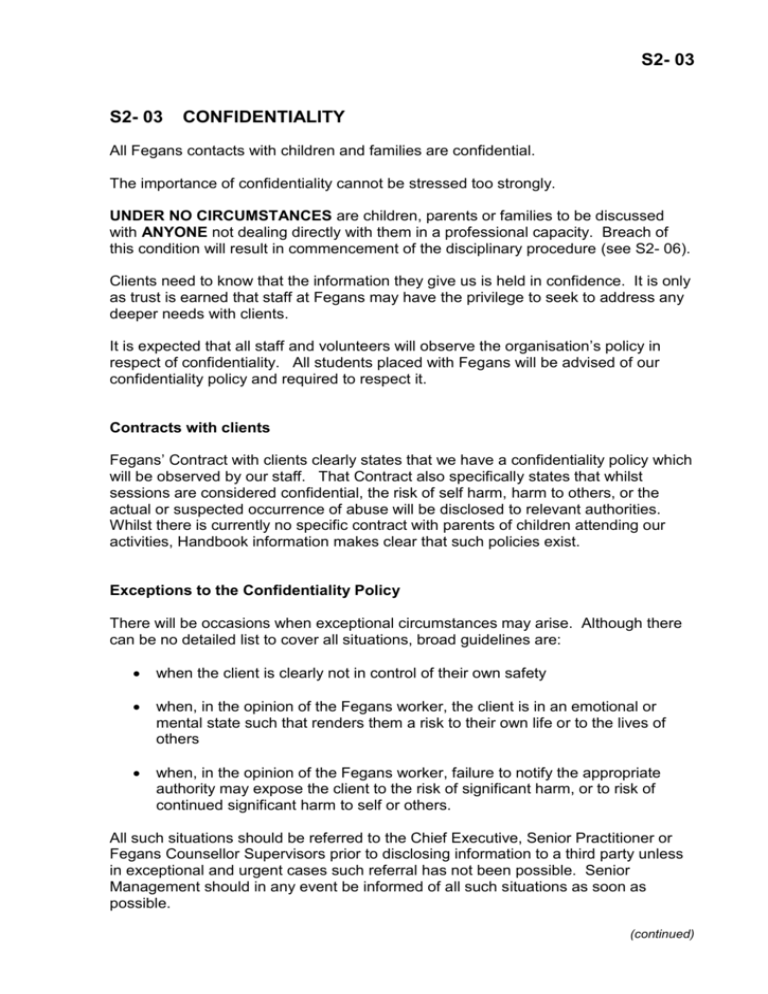
S2- 03 S2- 03 CONFIDENTIALITY All Fegans contacts with children and families are confidential. The importance of confidentiality cannot be stressed too strongly. UNDER NO CIRCUMSTANCES are children, parents or families to be discussed with ANYONE not dealing directly with them in a professional capacity. Breach of this condition will result in commencement of the disciplinary procedure (see S2- 06). Clients need to know that the information they give us is held in confidence. It is only as trust is earned that staff at Fegans may have the privilege to seek to address any deeper needs with clients. It is expected that all staff and volunteers will observe the organisation’s policy in respect of confidentiality. All students placed with Fegans will be advised of our confidentiality policy and required to respect it. Contracts with clients Fegans’ Contract with clients clearly states that we have a confidentiality policy which will be observed by our staff. That Contract also specifically states that whilst sessions are considered confidential, the risk of self harm, harm to others, or the actual or suspected occurrence of abuse will be disclosed to relevant authorities. Whilst there is currently no specific contract with parents of children attending our activities, Handbook information makes clear that such policies exist. Exceptions to the Confidentiality Policy There will be occasions when exceptional circumstances may arise. Although there can be no detailed list to cover all situations, broad guidelines are: when the client is clearly not in control of their own safety when, in the opinion of the Fegans worker, the client is in an emotional or mental state such that renders them a risk to their own life or to the lives of others when, in the opinion of the Fegans worker, failure to notify the appropriate authority may expose the client to the risk of significant harm, or to risk of continued significant harm to self or others. All such situations should be referred to the Chief Executive, Senior Practitioner or Fegans Counsellor Supervisors prior to disclosing information to a third party unless in exceptional and urgent cases such referral has not been possible. Senior Management should in any event be informed of all such situations as soon as possible. (continued) S2- 03 (cont) S2- 03 CONFIDENTIALITY (continued) “Private and Confidential” Written Communications Where letters marked “Private” or “Private and Confidential” are received by Fegans, they will be treated as such and passed unopened to the employee concerned unless delegated authority has been granted. Personnel Matters All matters relating to personnel will remain confidential between the staff member and those staff at Head Office specifically responsible for the administration of staffing issues. Court Hearings & Legal Requirement to Disclose There may be occasions when Fegans is required to disclose material or information concerning a client or a staff member – for example to the Inland Revenue, or a Court of Law. In some circumstances, particularly where our relationship is a counselling contract, staff may be in a dilemma and consider disclosure detrimental to their client. Advice must always be sought from senior staff and/or counsellor supervisors as to how to respond to such demands. Requests for Witness Statements should be referred to, and vetted by Head Office before they are issued, who should also be kept informed of any subsequent Court proceedings, requests for attendance, etc. Publicity Material Fegans uses information concerning clients in its publicity material and requests for prayer support. It is essential that, if a situation is described, the identity of the client should not be apparent, unless their permission has been obtained. Clients may be encouraged to ‘write their own story’ for publicity purposes, but should be aware of the use to which the article will be put. Photographs of clients will only be used where permission has been given, either specifically or by way of a general ‘consent’. Nothing in this policy overrides the right of the Chair of Council and/or the Chief Executive to access all incoming or retained information. This right will be exercised only in exceptional circumstances. (01.13)
